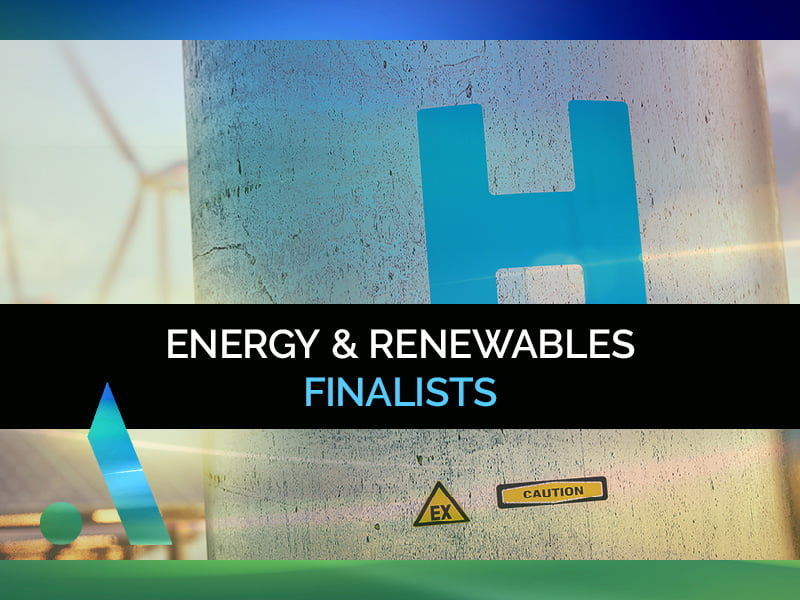While almost every company is pursuing environmental, social and governance (ESG) credentials, there are a handful of companies at the bleeding edge of innovation paving an easier path towards a decarbonised economy.
Among these few, there are the InnovationAus Awards for Excellence 2023 finalists, proudly sponsored by software developer Agile Digital, who have emerged as leaders in the Energy and Renewables category.
The federal government’s 2030 targets to supply 82 per cent of its energy needs from renewables and reduce greenhouse gas emissions by 43 per cent below 2005 levels, have been described as ambitious by some.
At the end of September 2022, Climate Change and Energy minister Chris Bowen himself flagged that out to 2030, the equivalent of around 40 7MW wind turbines would need to be installed every month, and 22,000 500W solar panels every day.
The InnovationAus Awards for Excellence 2023 strives to celebrate these finalists for developing marvelously efficient inventions that could make Australia’s, and perhaps the world’s, climate ambitions that all the more achievable on the path to net-zero by 2050.

The finalists in this category are:
The InnovationAus Awards for Excellence winners and finalists will be celebrated at a black-tie gala dinner on Wednesday, 1 November at the Hordern Pavilion in Sydney. You can book your tickets here.
Behind the finalists:
Hysata has developed an electrolyser system that’s 20 per cent more efficient than based on its unique capillary, recently opening its manufacturing facility in Wollongong.
When compared to existing commercial electrolysers on a per MW basis, the system uses 20x less liquid, 10x less heat rejection, and 5x less mass.
Combined with a modular design that is easy to scale, the firm expects to generate US$3 billion in capex savings to hydrogen producers per megatonne of annual production capacity.
RayGen was initially founded as a high-efficiency solar technology company in 2010 but now develops concentrated solar technology combined with a thermal storage solution.
Energy is stored in two water pits, one filled with hot water and the other with cold. When the stored energy is required, the temperature difference drives a turbine by evaporating and condensing ammonia.
It is currently building Australia’s largest solar module manufacturing facility in Victoria, expected to have an initial annual production output of 170MW.
Mint Innovation, based in Auckland New Zealand, has developed a sustainable metal recovery technology which combines natural biomass, chemical processes, and processing hardware in a sustainable, cost-effective way.
The technology can be deployed on a local-scale, avoiding the need to transport it to landfill or overseas. Mint also opened the world’s first commercial-scale biorefinery in Sydney last year, which processes around 25 per cent of Australia’s total PCB waste, a pollutant common in electronics.
The firm aims to help decarbonise metal recovery, diminish the reliance on mining to meet the demand for metals, and increase the supply of circular ‘green metals’.
DUG was founded in 2003 in Western Australia and is now listed on the ASX. The firm is a provider of innovative big data processing and storage solutions, developing technology and providing expertise on the use of high-performance computing for use in the resources sector and other compute-intensive industries.
This includes a patented, single-phase, immersion-cooling solution which reduces the capex of supercomputing hardware and cuts power usage by more than half.
With its modular dielectric fluid cooling solution deployed in Perth, Houston, London, and Kuala Lumpur, the firm is aiming to build a fully renewable energy powered high performance computing data centre in Geraldton, Western Australia.
The InnovationAus 2023 Awards for Excellence were supported by: Australian Computer Society, Technology Council of Australia, Investment NSW, Agile Digital, CSIRO, METS Ignited, Q-CTRL, TechnologyOne and IP Australia.
Do you know more? Contact James Riley via Email.

